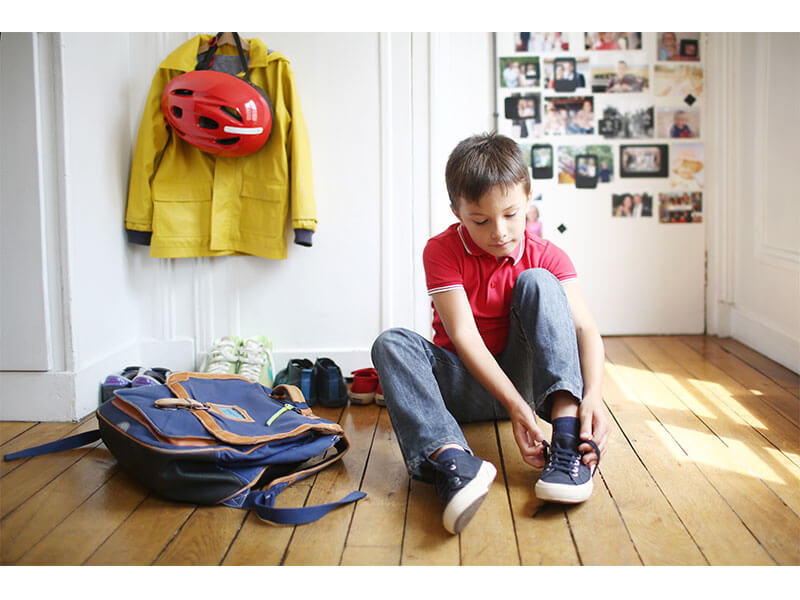
How to prepare your child for school
March 28, 2024
Preparing your child for school involves a combination of practical, emotional, and developmental preparations to ensure they have a smooth transition and successful experience. So in this article, we are going to know some tips to prepare your child for school:
Tips to Help Your Child to Prepare for Preschool
- Establish routines: Establish consistent daily routines for waking up, meals, bedtime, and other activities. Routines provide structure and predictability, helping children feel secure and prepared for the day ahead.
- Promote independence: Encourage your child to develop independence in self-care tasks such as dressing, toileting, and grooming. Practice skills like zipping up jackets, tying shoelaces, and packing their school bag to foster autonomy and confidence.
- Foster social skills: Help your child develop social skills such as sharing, taking turns, listening, and cooperating with others. Arrange playdates, outings, and group activities to provide opportunities for social interaction and friendship building.
- Encourage communication: Foster open communication with your child and encourage them to express their thoughts, feelings, and concerns about starting school. Listen attentively, validate their emotions, and offer reassurance and support.
- Visit the school: Take your child to visit the school before their first day to familiarize them with the environment, meet their teacher, and explore the classrooms and facilities. This can help alleviate anxiety and build excitement about starting school.
- Read books about school: Read age-appropriate books about starting school to help your child understand what to expect and normalize the experience. Use storytelling as a way to discuss feelings, answer questions, and address any worries they may have.
- Practice school routines: Practice school routines at home, such as following a schedule, listening to instructions, and completing tasks independently. Role-play scenarios related to school, such as lining up, raising hands, and sharing during circle time.
- Encourage curiosity: Foster your child’s natural curiosity and love for learning by engaging in educational activities and explorations together. Visit libraries, museums, parks, and other places of interest to encourage a sense of wonder and curiosity about the world.
- Promote healthy habits: Teach your child the importance of healthy habits such as eating nutritious foods, getting enough sleep, and staying physically active. A healthy lifestyle supports overall well-being and readiness for learning.
- Stay positive: Maintain a positive attitude and outlook about starting school, emphasizing the exciting opportunities and adventures. Celebrate milestones and achievements along the way to build confidence and enthusiasm for the school journey.
Conclusion
In conclusion, preparing your child for school is a multifaceted process that fosters their academic, social, and emotional development. By establishing routines, promoting independence, fostering a love for learning, and encouraging open communication, parents can set their children up for success in their educational journey. Additionally, creating a supportive and nurturing environment at home, collaborating with teachers and school staff, and being attuned to your child’s individual needs are essential components of effective preparation. Ultimately, by investing time, effort, and care into preparing your child for school, you can help them build a strong foundation for lifelong learning and growth. By taking a proactive and supportive approach to preparing your child for preschool, you can help them feel confident, capable, and excited about embarking on this new chapter in their lives


